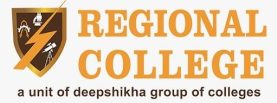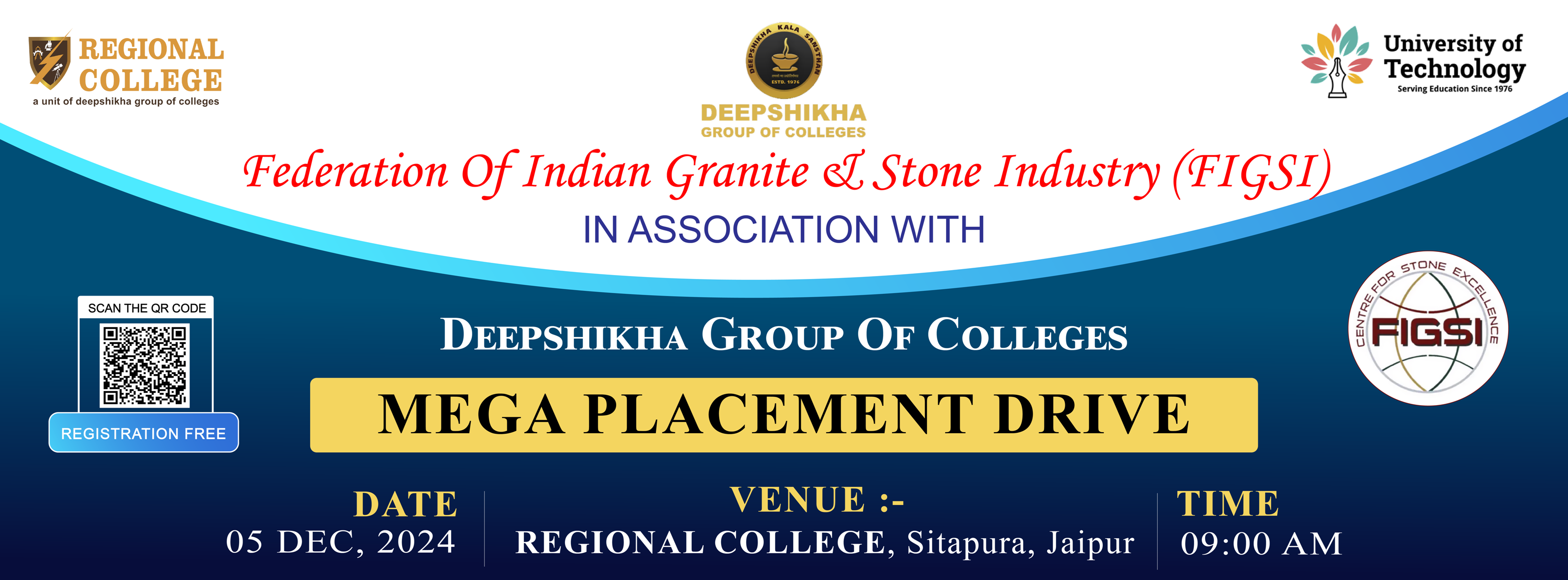The Internet of Things, or IoT, refers to numerous physical devices around the world that are connected to the internet, which are functionalised with the aspects of collecting and sharing data and information. Connecting different objects and sensors to devices add digital intelligence which enables them to communicate in real-time data without involving a human being. The Internet of Things is making the society smarter, tech enabled and more responsive, merging the digital and physical worlds.
Benefits of IoT for Businesses-
Students are taught about the benefits of IoT in the business sector in Best Private Engineering College in Jaipur. The advantages of IoT for business depend on the particular implementation. Agility and efficiency are vital factors to be considered. The concept is that enterprises must have access to more data about their own products and services, internal structural and functional systems, and a greater ability to make changes as a result.
Manufacturers are adding sensors to the components of their products so that they can transmit data back about how they are performing. This can help companies spot when a component is likely to fail and to swap it out before it causes damage. Companies can also use the data generated by these sensors to make their systems and their supply chains more efficient, because they will have much more accurate data about what’s really going on.
IoT in Industrial Settings-
The Industrial Internet of Things (IoT) or the fourth industrial revolution or Industry 4.0 are all names given to the use of IoT technology in a business setting. The concept is the same as for the consumer IoT devices in the home, but in this case the aim is to use a combination of sensors, wireless networks, big data, AI and analytics to measure and optimise industrial processes, the details of which are taught in Best Private Engineering College in Jaipur.
IoT and Big Data Analytics-
IoT generates large amounts of data ranging from sensors attached to machine parts. That means the IoT is a significant driver of big-data analytics projects because it permits companies to create huge data sets and analyse them.The data can be accessed in various forms ranging from voice requests, video, temperature or other sensor readings, all of which can be mined for insight. IoT metadata category is a growing source of data which needs to be managed and leveraged. Metadata is essential to be fed into NoSQL databases like MongoDB to bring structure to unstructured content or fed into cognitive systems to bring new levels of understanding, intelligence, and order to outwardly random environments.














